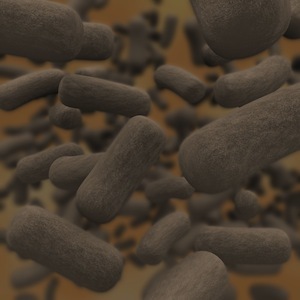Cruciferous vegetables contain compounds called glucosinolates; which are metabolized into isothiocyanates (ITC). These compounds have powerful protective effects against many cancers, including breast, prostate, colorectal, bladder and lung cancers.1-6 (To learn more, read “Anti-Cancer Foods: Cruciferous Vegetables”) In fact, cruciferous vegetables are protective against thyroid cancer.7,8 Concerns about potential effects of cruciferous vegetables on thyroid function arose from animal studies, followed by findings suggesting that certain breakdown products of glucosinolates could interfere with thyroid hormone synthesis or compete with iodine for uptake by the thyroid. However, this is only a hypothetical issue. The scientific consensus is that cruciferous vegetables could only be detrimental to thyroid function in cases of iodine deficiency or insufficient iodine intake.9

Iodine deficiency is a concern for those who follow a healthful, plant-based diet since it is not naturally abundant in foods, except for seafood and seaweeds. Iodized salt is the chief source of iodine in the Western diet. Vegans and others on mostly plant-based diets may have low iodine intake without supplementation, especially if they avoid salt, suggesting that supplementation is appropriate.10,11 Also, pregnant women may require a greater amount of iodine than the general population because of the iodine needs of the fetus.12 Read more








